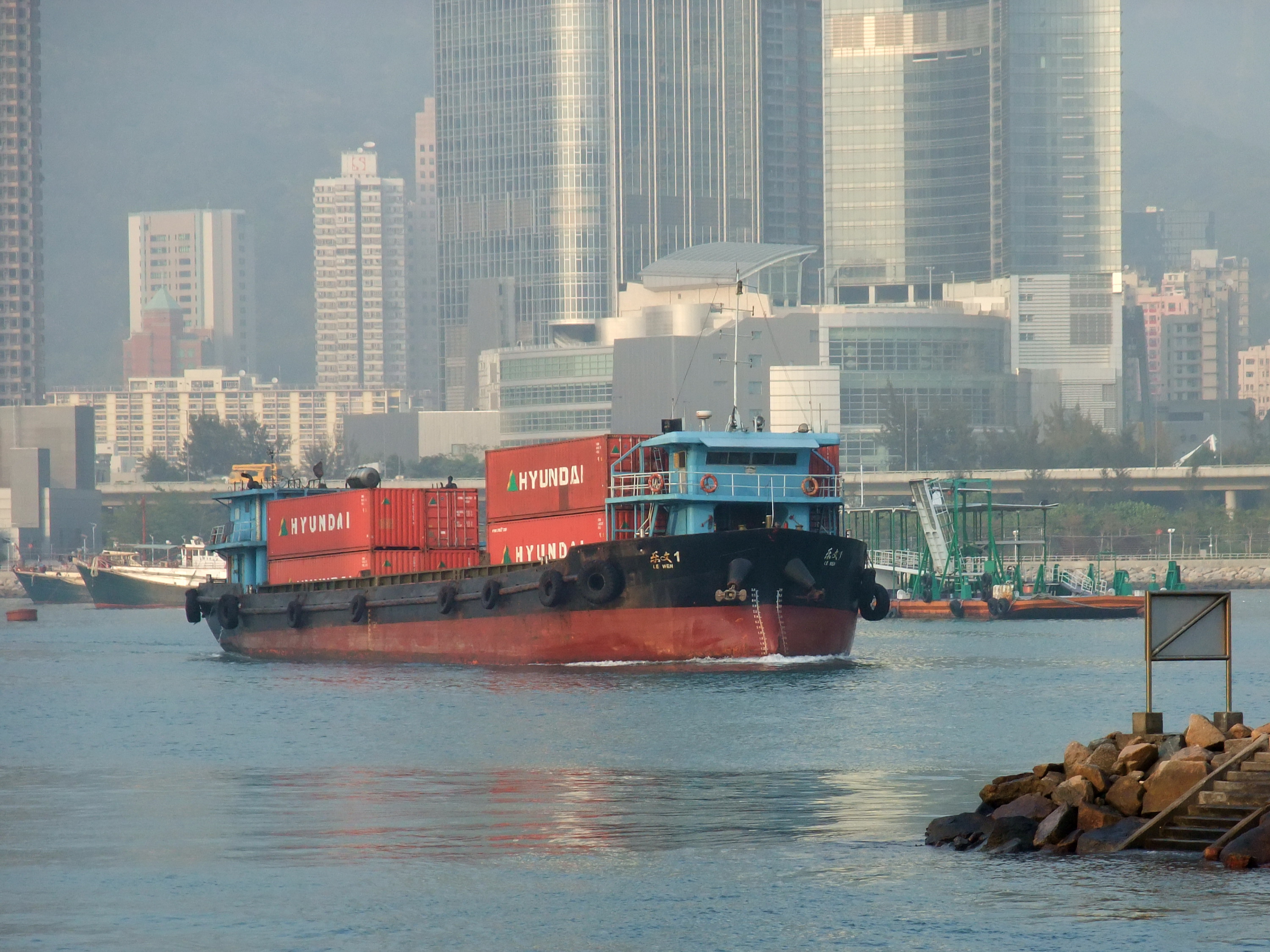In December 2010, the Basel Committee on Banking Supervision issued the text of the Basel III Framework, a series of global financial regulations that respond to the Great Recession, the financial crisis of 2007–2009. Basel III is the third iteration of the Basel Accords, which, along with the Basel Committee and its negotiation process, have been hailed as an exemplar of international regulation and law-making, but also critiqued as deeply flawed and subject to influence by the banks regulated by the agreement, among other issues.
Although not formally binding, Basel I and II were widely adopted by member countries of the Basel Committee, as well as by many non-member countries. However, implementation of the Accords has always been contentious, with variations in state-level adoption, and efforts to implement Basel III have been similarly problematic. The Framework has been met with protests from banks about the burden of the new regulatory requirements, as well as calls for even more rigorous requirements by the national financial authorities of a number of countries, including Sweden, Switzerland, the United Kingdom, and Austria. Sweden’s central bank has announced its intention to unilaterally implement stricter regulations. Many states plan to implement the new regulations on an accelerated timeframe. Other countries’ financial authorities, including the Reserve Bank of New Zealand, do not intend to implement certain core parts of the regulations.
This Article uses scholarship on international financial regulation and the first two Basel Accords to establish a theoretical and historical context for understanding Basel III and the mixed response it has received from the international community. It suggests that national-level implementation of Basel III has been contentious and difficult for a number of reasons. First, the changes to the Basel Framework are costly and may have negative implications for the global competitiveness and profitability of some states’ regulated financial institutions.11 This has created political pressures at the national level, affecting state implementation. Second, the current depressed global economic environment and related financial uncertainty has exacerbated resistance to the new standards, which are expensive in both the short and long term. Finally, doubt in the efficacy of the Basel Accords in the wake of the Great Recession may be a contributing factor to international community’s ambivalent response to Basel III.
Read full article (PDF)







